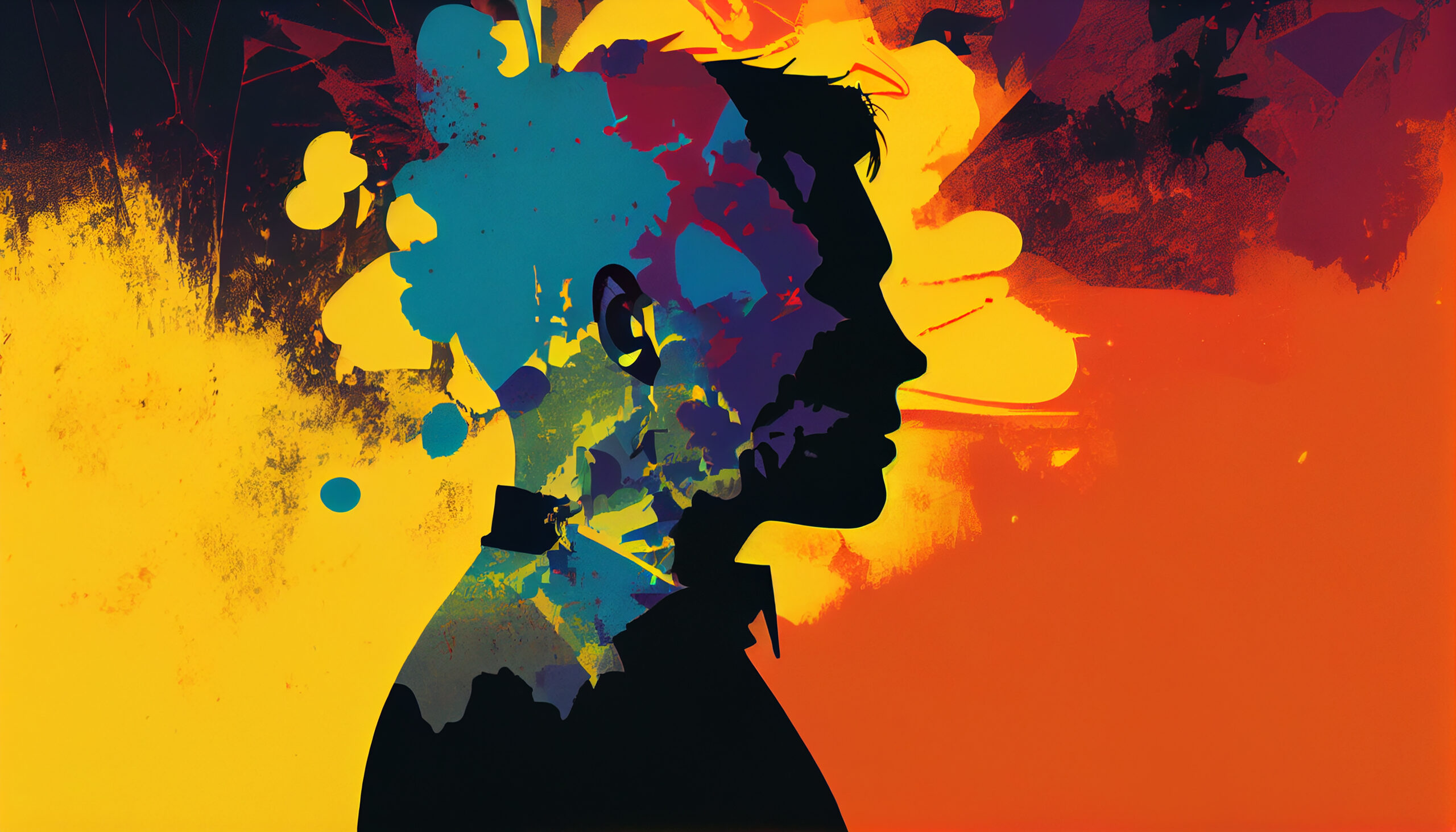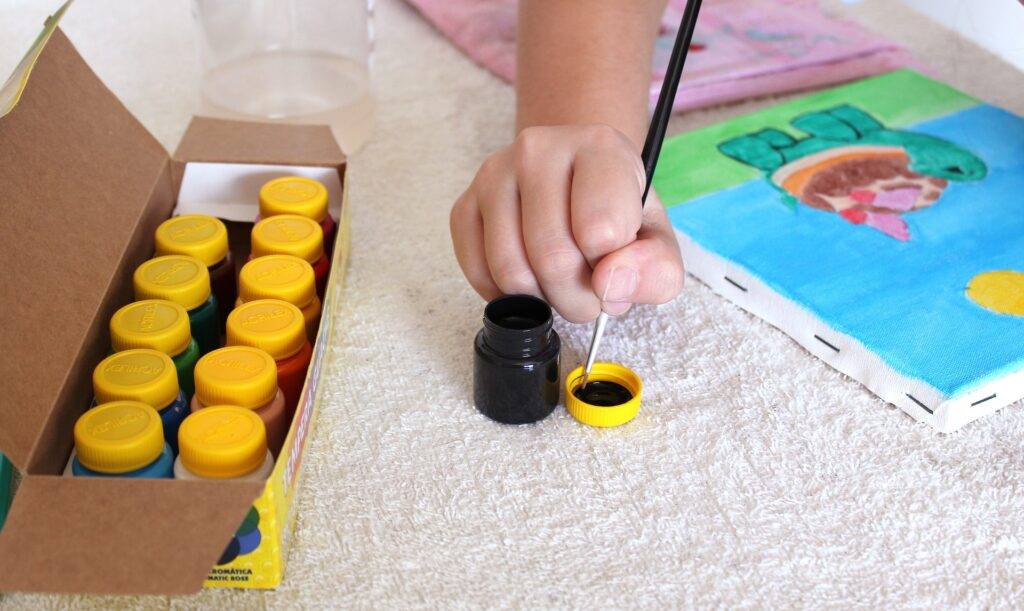
Introduction
In the fast-paced and demanding world we live in, taking care of our mental health and wellness has become more crucial than ever. Amidst the chaos, stress, and pressures of daily life, engaging in art, craft, and painting activities can provide a soothing balm for our minds and souls. These creative endeavors not only offer a means of self-expression but also serve as powerful tools to enhance our mental well-being. In this article, we delve into how these artistic activities can have a positive impact on our mental health and contribute to our overall wellness.
Expressive Outlet and Emotional Release: Art, craft, and painting provide a nonverbal platform for expressing complex emotions that might be difficult to articulate through words alone. The act of creating allows individuals to explore their feelings, thoughts, and experiences in a safe and constructive way. Whether it’s painting vibrant strokes on a canvas, molding clay, or stitching intricate patterns, these activities give us a means to release pent-up emotions and find catharsis.
Mindfulness and Present Moment Awareness: Engaging in creative activities demands our full attention, helping us to stay grounded in the present moment. As we immerse ourselves in the process of creating, our minds naturally quieten, and we experience a state of mindfulness. This heightened awareness can reduce anxiety, stress, and rumination as we detach from past regrets and future worries, finding solace in the creative process itself.
Boosting Self-Esteem and Confidence: The act of creating something unique fosters a sense of accomplishment. Every brushstroke, every piece of thread woven, every bead glued down contributes to a tangible result. These small victories accumulate and bolster our self-esteem, reminding us of our ability to shape the world around us. The confidence gained from successfully completing a project transcends into other areas of life, empowering us to tackle challenges head-on.
Fostering Flow State: Artistic activities often induce a state of flow, where time seems to melt away, and we become fully immersed in the task at hand. This flow state is inherently rewarding, as it aligns our skills with the challenges presented by the creative endeavor. The experience is intrinsically enjoyable and can trigger a sense of accomplishment and contentment, promoting positive feelings and reducing stress.

Stress Reduction and Relaxation: The rhythmic and repetitive nature of crafting and painting can trigger the body’s relaxation response. As we engage in these activities, our heart rate and cortisol levels tend to decrease, leading to a sense of calm. Whether it’s the gentle brush strokes of watercolors or the repetitive motions of knitting, these actions activate the parasympathetic nervous system, promoting relaxation and reducing stress.
Social Connection and Community: Engaging in artistic pursuits can lead to social interactions and a sense of community. Art classes, workshops, or crafting circles provide opportunities to connect with like-minded individuals who share a passion for creativity. Socializing through these activities not only reduces feelings of isolation but also cultivates a supportive network that enhances emotional well-being.
Conclusion
In a world that often emphasizes productivity and achievement, the value of engaging in art, craft, and painting activities for mental health and wellness cannot be overstated. These creative outlets offer a sanctuary where self-expression, mindfulness, and emotional healing can flourish. Whether you’re a seasoned artist or someone exploring these activities for the first time, the benefits they bring to your mental and emotional well-being are undeniable. So, the next time you pick up a paintbrush, sculpting tool, or knitting needle, remember that you’re not just creating art – you’re also nurturing your mind, heart, and soul.